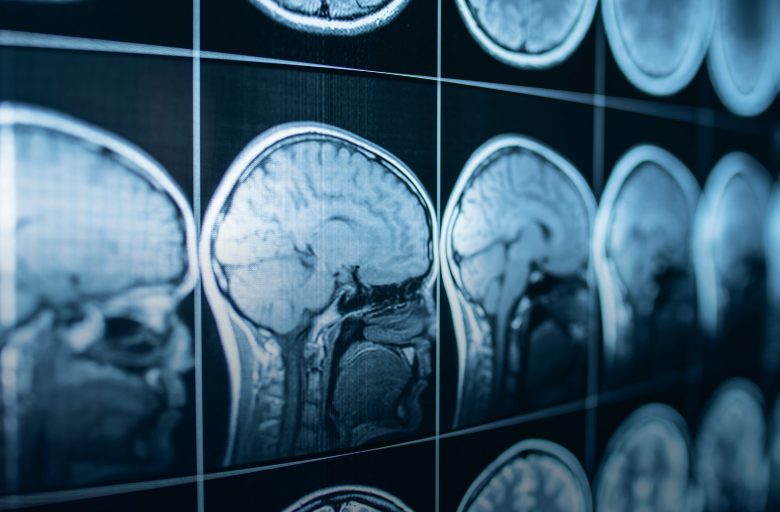
Ever since Descartes put the self at the centre of philosophy and the problem of knowledge, modernity has struggled with an apparently unsolvable puzzle. In place of Cartesian dualism and property dualism, we have a collapse towards the illusory self of epiphenomenalism. Yet we have found that there is a way of construing the bundle view of the self in which the self coheres while avoiding the pitfalls of Kant’s pearl view of the self. We have also found in the idea of homeostasis an organising concept that has immense explanatory power in relation to the biological world and the nature of the self.
Yet all this does not itself establish the self with the capacity of free will. To achieve this, we need something of a paradigm shift. Within Thomas Khun’s 1962 book The Structure of Scientific Revolutions, the idea of paradigm shifts in scientific knowledge involves the development of a new way of understanding areas of science which are incommensurable with what has existed before. Newtonian science vs Einstein’s relativity theory is often used to illustrate the idea of paradigms within science. A shift towards a new paradigm involves a way of reshaping the conceptual terrain within which scientific understanding operates.
Your organisation does not have access to this article.
Sign up today to give your students the edge they need to achieve their best grades with subject expertise
Subscribe




